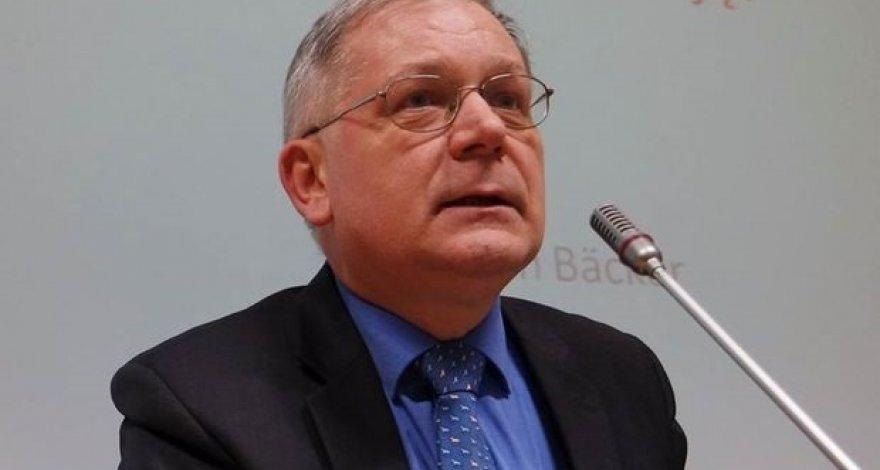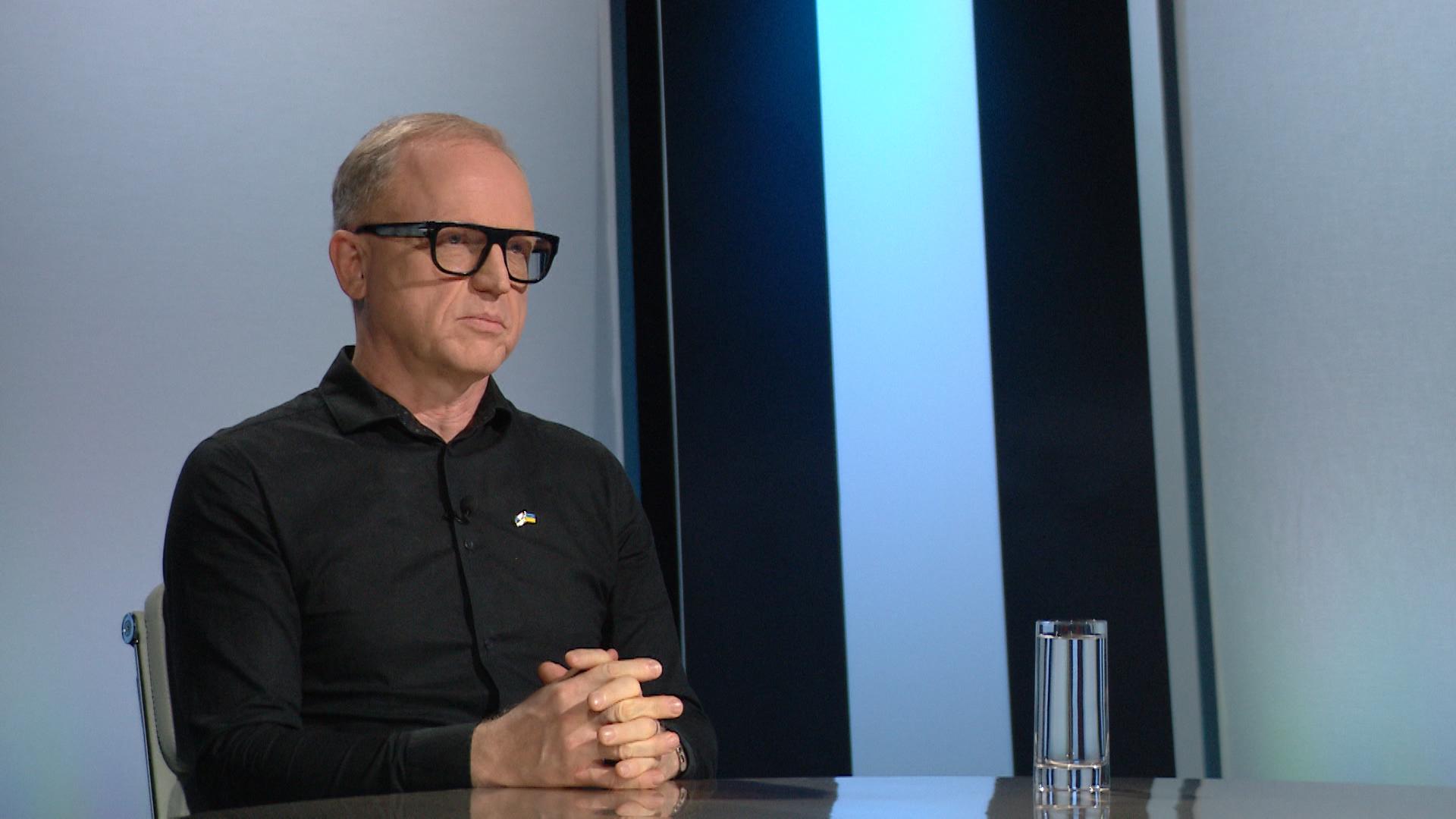Europe is once again concerned about a common army. Who needs NATO-2? Roman Bakker and Peeter Time on Caliber.Az
The European Union should form its own united army that could play a role in maintaining peace and preventing conflicts, Italian Foreign Minister Antonio Tajani said. In an interview with Italian newspaper La Stampa, Tajani said closer European defense cooperation was a priority for the Forza Italia (Forward Italy) party, which he has led since the death of Silvio Berlusconi.
"If we want to be global peacekeepers, we need European armed forces. This is also a fundamental precondition to be able to have an effective European foreign policy," he said in the interview.
The Italian foreign minister believes that in a world with powerful players such as the US, China, and Russia, with crises from the Middle East to the Indo-Pacific region "the citizens of Italy, Germany, France or Slovenia can only be protected by what already exists, namely the European Union".
Tajani also said that the 27-nation EU should streamline its leadership and have a single presidency, rather than the current structure of a European Council president and a European Commission president.
How sensible does this "military" idea of Tajani look? I remember that at one time the French president was thinking about a pan-European army. Macron voiced this initiative several times and tried to persuade then-German Chancellor Merkel to his side, but he did not find much response and then somehow subsided.
Shortly after the Russian-Ukrainian war broke out, EU High Commissioner for Foreign Affairs and Security Josep Borrell said that the union needed the European armed forces to ensure security. The main obstacle, however, is that the idea of a European army implies greater centralization of the EU and also partly conflicts with NATO.
The former head of Poland's National Security Bureau, Stanislaw Kozey, called the EU's unified army a dream: for it to appear, "there must first appear the one who will make decisions, the king or emperor, and then his army, not the other way round".
NATO Secretary-General Stoltenberg feared that the appearance of an EU army could weaken the alliance: "Any attempt to create parallel structures, duplicate the command system will only weaken our common potential for cooperation.
What is the current desire of the Italian politician on the same topic? And how adequate is it to the existing realities?
Foreign experts shared their opinion on this matter with Caliber.Az.

Roman Bakker, a Polish analyst and professor at the Faculty of Political Science and International Studies at the Nicolaus Copernicus University of Toruń, immediately noted that the creation of a European army is not a simple decision.
"Such a decision has to be taken jointly by the European Parliament, the European Commission and the European Council. Such a decision is also complicated by the fact that it is another step towards creating a European federation and thus reducing the powers of the member states. This decision does not so much concern the creation of a new military force as a different configuration of the mode of command. In any case, it is necessary in case of possible aggression by Russia and possibly its allies," he says.

However, there is currently no need to create such an army because of the existence of NATO, Prof. Bakker says.
"That is if Donald Trump becomes president of the United States and if he leads to the dissolution of this military alliance, then the European Union will then be forced to merge the armies of the individual member states. This does not mean creating a new army alongside the existing national armies, but because of the Russian threat, it will be necessary to create a unified command structure for the existing armies," Backer outlined a possible picture of the future.
As Estonian political expert Peeter Taim noted in turn, the topic of a European army has been periodically discussed for a long time.
"10-15 years, probably. This idea has never been more topical than during Trump's presidency in the US. After all, he was constantly threatening that America would leave the alliance and become separately engaged in its security issues. The important point is that even recently we have been hearing signals from the United States that there are more and more politicians who want to pull the country out of the North Atlantic bloc. So, here in Europe, against the backdrop of such developments in the world, we need to think seriously about this. Since we are already a political, economic, and financial union, why don't we also become a military-defensive union?" the Estonian analyst asks.
Speaking of realities, it should be noted that all EU member states have armies, he continued.
"They are quite combat-ready because they are mostly NATO members. A European army does not imply that 300,000 people from France, the Baltic States, Finland, etc. will be sitting somewhere ready in some barracks. I understand it as something similar to NATO. That is, some kind of central command, central arrangements for commanding all the armies of the EU countries. A specific strategy, and tactics in case a military danger comes from somewhere. This is how I see the armed forces of Europe. NATO-2, but only of EU countries," Time concluded.








